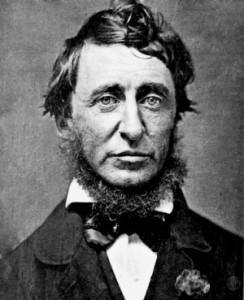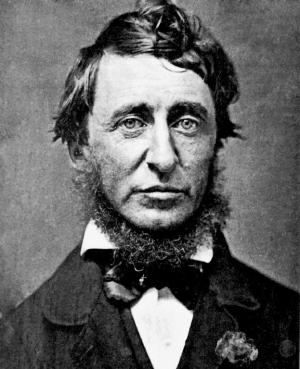 To Horace Meyer Kallen
To Horace Meyer Kallen
C/o Brown Shipley & Co.
123, Pall Mall, London, S.W.1
Rome. February 25, 1937
Dear Kallen,
Perry’s mind is more conventional than yours, and he has undoubtedly presented a William James painted, as it were, by a member of the Royal Academy. He has done it very nicely, much better than I had thought him capable of doing anything. But there are at least two fatal handicaps under which such a biographer suffers—an official biographer. He can’t tell, he can’t even wish to know, everything, not the misères, physical and moral that really beset and largely direct the lives of all of us. That is one handicap. The other is that he is still interested in the questions that agitated his hero, they are still living questions to the biographer too, so that he will necessary pull and stretch the man’s thoughts to agree with his own, and will give a disproportionate emphasis and finality to those thoughts so surviving in himself. This is the trouble with your corrections and interpretations. Wm James is still living within you, and in vindicating him (as you think) you are vindicating yourself. That is honourable enough, but not biography. I therefore entirely agree with you that it would be better if Wm James’s Nachlass had been published almost without comments, leaving it for a future age, if it is interested in him, to review the maximum of his ipsissima verba and then perhaps draw a portrait of him as he appears to that remote posterity, to whom his problems will be a dead as himself, though both perhaps memorable in their by-gone virtues and humanity. If I were younger, and my planned work quite finished, I might be tempted to work out a notion I have, not about James especially, but about the old mind of the New World in general. It looks to me (I have been reading Jonathan Edwards) as if America had started life with an official mentality of the most alien and artificial character, and that these three hundred years have not sufficed to allow a native mentality to grow up (like a weed, at first) and crowd out the traditional imported principles. Wm James would illustrate the bravest possible struggle of the young and native growth against the old roots and stumps still encumbering and empoverishing the ground. And I am not sure that, for all his vitality and courage, he too was not, on the whole, stifled. Neither Emerson nor Walt Whitman seem to me to have escaped altogether, especially not on the political side. In any case, the discrimination between tradition and nativism would be tempting to make in every American yet on exhibition.
With best wishes from
G Santayana
From The Letters of George Santayana: Book Six, 1937-1940. Cambridge, MA: The MIT Press, 2004.
Location of manuscript: YIVO Institute for Jewish Research, New York NY.
